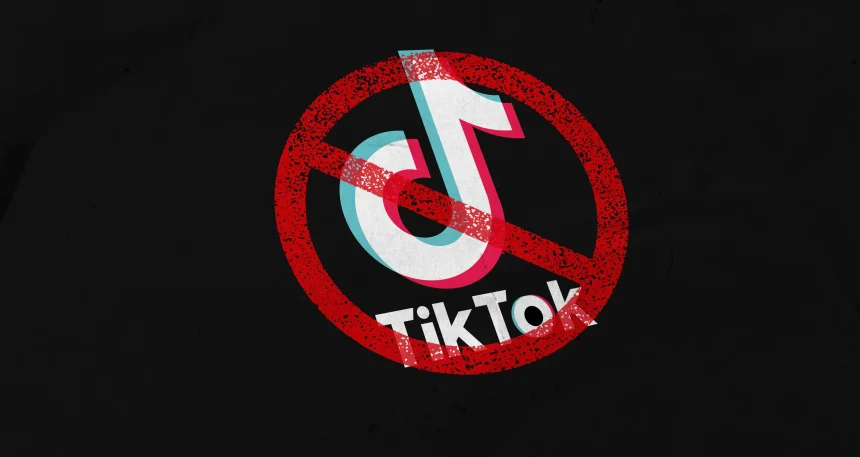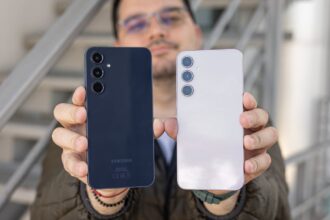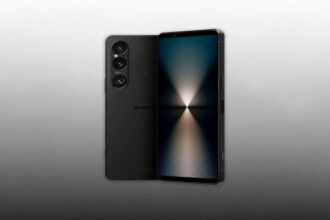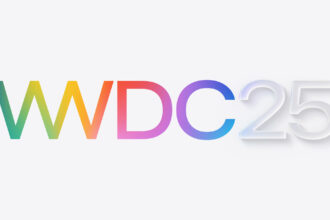The future of TikTok in the US hangs in the balance after the Senate passed a bill that could lead to its ban if its Chinese parent company, ByteDance, fails to sell the app. This move follows growing concerns about user data security and potential ties to the Chinese government.
This situation has a familiar ring to it – the 2019 US actions against Huawei. Is this just another case of the US fearing foreign innovation, or is there something more at play?
Both TikTok and Huawei represent Chinese tech giants challenging American dominance. In 2019, Huawei, a leader in 5G technology, was targeted over fears its infrastructure could be manipulated by the Chinese government. Now, TikTok, with its massive user base and trend-setting algorithms, faces similar scrutiny.
But Are They the Same?
Well, the situations differ in key ways. Huawei dealt with physical network infrastructure, raising concerns about potential manipulation of data flow. TikTok, on the other hand, deals with user data itself, sparking privacy anxieties. Evidence of Huawei’s ties to the Chinese government was more concrete, but with TikTok, the data-sharing allegations are less serious compared to Huawei.
Some might paint this as the US simply disliking foreign success. However, the issue goes deeper. National security concerns are paramount. The US may be wary of foreign control over critical infrastructure (like Huawei’s 5G networks) or the potential manipulation of public discourse through social media platforms (like TikTok).
China’s emergence as a global power is undeniably a factor. The US might be aiming to curb China’s technological and economic influence. But it’s not a winner-take-all scenario. The US may be seeking a more balanced multipolar world order, rather than desperately clinging to sole superpower status.
Why the Push to Ban TikTok?
US lawmakers are primarily concerned about the potential for the Chinese government to access user data collected by TikTok. With over 170 million US users, the app gathers significant information, raising fears of exploitation for surveillance or manipulation. TikTok maintains it would never share user data with the Chinese government, but simply saying “it would never share user data” isn’t enough to convince the United States.
What Happens Next?
Even with President Biden’s expected signature, a ban wouldn’t be immediate. Legal challenges from ByteDance could take years to resolve, potentially reaching the Supreme Court. Also, the legislation has offered ByteDance a nine-month window, with a possible extension, to find a US buyer. This means a potential sale or ban wouldn’t likely happen before 2025, possibly influenced by the outcome of the 2024 presidential election.
How Would a Ban Work?
The most likely scenario would involve removing TikTok from app stores, preventing new downloads. Existing users would still be able to access the app, but wouldn’t receive security updates or bug fixes, potentially compromising their data.
The Impact on TikTok and its Users
TikTok strongly opposes the legislation, calling it an attack on free speech and American jobs. ByteDance would also need Chinese approval for a sale, further complicating the situation. US creators have also voiced concerns about losing a vital platform for their work. However, some users contacting Congress might have inadvertently strengthened the case for a ban due to overwhelming and potentially suspicious activity.
A Global Trend?
If the US enacts a ban, it could set a precedent for other countries. India banned TikTok in 2020, and similar restrictions exist in Iran, Nepal, and Afghanistan. The UK and the European Commission have also restricted its use on government devices due to security reasons.
The Algorithm and User Data Concerns
At the core of the debate lies TikTok’s powerful algorithm, which personalizes content based on extensive user data collection. Critics argue that TikTok’s data collection goes beyond what they’ve seen with other other social media platforms.
On TikTok’s side of things, its system personalizes user feeds based on past interactions and data points, including location, device information, content engagement, and even typing patterns.
While similar data collection practices are common among social media apps, being one of China’s top companies and the fear that China might exploit it for their gain, is a red flag and a national security concern in the United States.
The US-China tech rivalry is much more than just a fear of foreign innovation. It’s a multifaceted issue with national security concerns at its core. But understanding the true nature of each situation, like those of Huawei and TikTok, is crucial for navigating this complex geopolitical trade war between the US and China.














